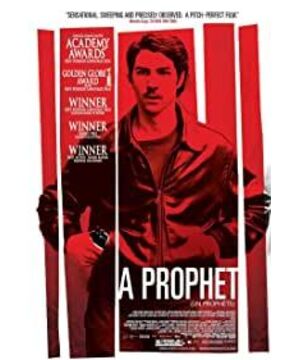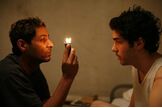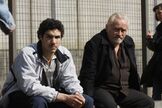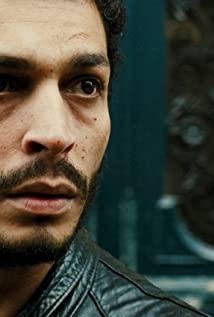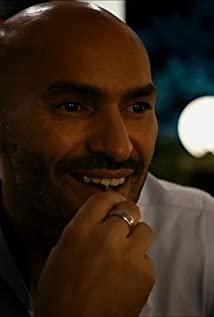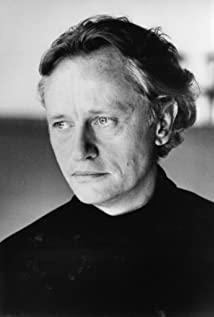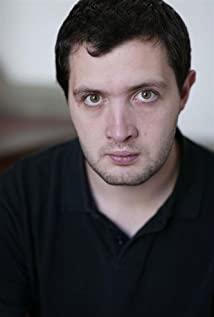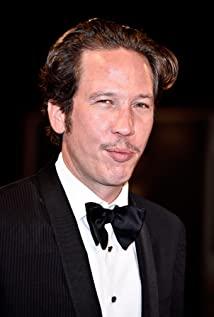What shocked me is the space and time of this movie. If Shawshank’s salvation is about the story of Perseverance Andy and his long-lasting black brother Reid, then this movie tells. It was a stimulating social revolution. In this movie, the prison space is like a small country surrounded by barbed wire, with economy, politics, education, and religion. Economically, marijuana from the outside world can still be sold. Although the trade deficit is large, this small country is still doing all kinds of business with the outside world. Politically, there are political groups based on race, Corsica and Arab, and these two parties have been fighting. Luciani was an old king who lived in a palace in Corsica. He was pampered, but internally and externally troubled. The inner trouble was that he could only stay in the palace for a lifetime. The foreign troubles were that people or things outside the palace threatened his authority. Our protagonist is both a Corsican and Islamic believer. This setting itself is a setting of "I am born to be useful". At first, although he was a newcomer, he had no social status. He was beaten and kicked and experienced various abuses. The heart was rough, but he eventually became the "scholar" next to the "handsome" in chess. Who knew that this man was a traitor! Some people say: "Education changes destiny", prisons also need to learn to master, learn languages, learn economics, and ultimately succeed in business! Religiously, the protagonist’s room is covered with religious murals. Religion taught him to understand salvation. The souls of the people he killed are the vehicle of his salvation, and his kindness to Ryad is the process of salvation. In terms of time, this movie is another epic. Year after year, many big subtitles record the growth of a revolutionary. In the end, for forty days and forty nights, he was in a more terrifying little dark room. Waiting for the day when the king fell. In short, I have never seen such meticulous and touching details in a similar movie. Although the presentation of complex details drags down the rhythm of the film, in Jacques Odia’s films, including the later "Rust and Bone", you never I don't know what the role will do next, and what purpose it has. They just survived the trend, just like the two killings he experienced. In order to survive, either kill or be killed, they must face it bravely. The complex environment is the background for the survival of the characters. With them, their survival is more authentic and believable. However, the words of the characters are chattering, and the characters do not have established goals like Hollywood movies. To watch such a slow-paced movie, the audience needs a certain degree of patience.
Jacques Odia is a late-blooming director. He was born in a family of directors and is known as the French version of "Terence Malik" in France. This film can be said to be a transformation of the "prison film" genre. In my opinion, "Prison Movies" are films like "Escape from the Shell" and "The Hole". They are full of battles of different groups and the thrill of escape from prison. However, in "The Prophet", although these models are still retained, such a complex social composition is rare. A complete growth history of a newcomer has replaced the "prison escape battle" that fell into the stereotyped and integrated more. A discussion of personal ethics and abilities.
However, what puzzles me is the meaning of the film's title "Prophet". The ghost after death has a certain "predictive" ability to tell the protagonist what to do next. Especially in the very mysterious scene in the middle, there is a running deer and a burning "ghost", which seems to also hint at the next car accident caused by the deer. However, the prophet only plays a small part in the film. Why is the title of the film named after it? In addition, how should the burning ghost explain? These articles cannot explain. However, these clips let me understand the unique style of Jacques Odia. He always loves to put the mysterious lens and the epitome of life together. His movies have both the coldness of reality and the warmth of ideals. Jacques Odia is a director who can balance the contradictions of light and darkness, stillness and movement, fast and slow, violence and tenderness, coldness and warmth. It may be this balance that made him the winner of the Palme d'Or in 2015.
In the end, the protagonist was released from prison. He found the ball of 50 yuan notes he had left when he was in prison. He left the closed cage forever and became a completely free man. However, for this legendary prison for six years , The distance from freedom, so far, so close.
View more about A Prophet reviews


